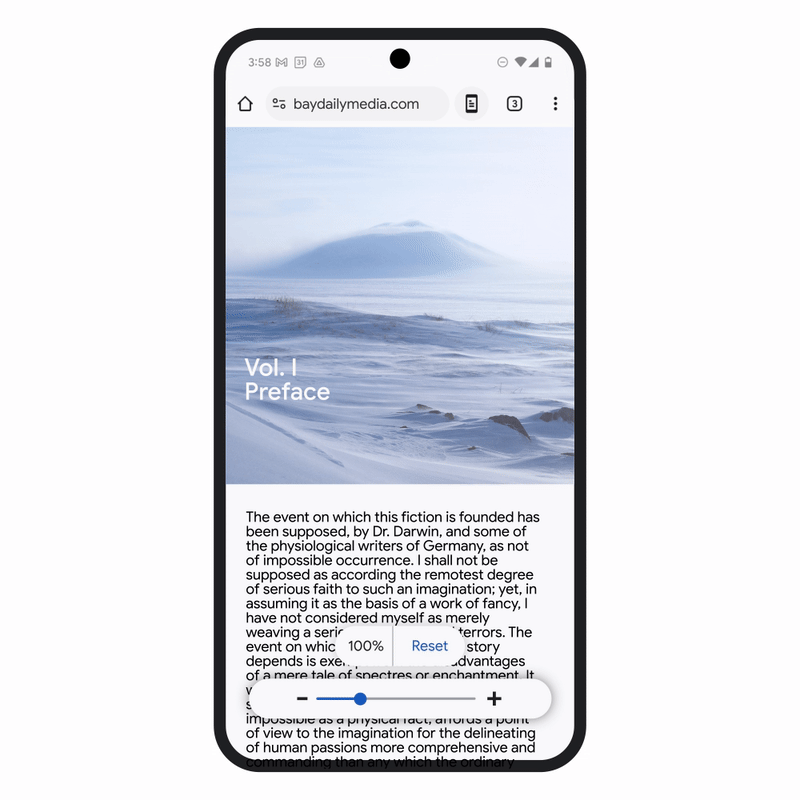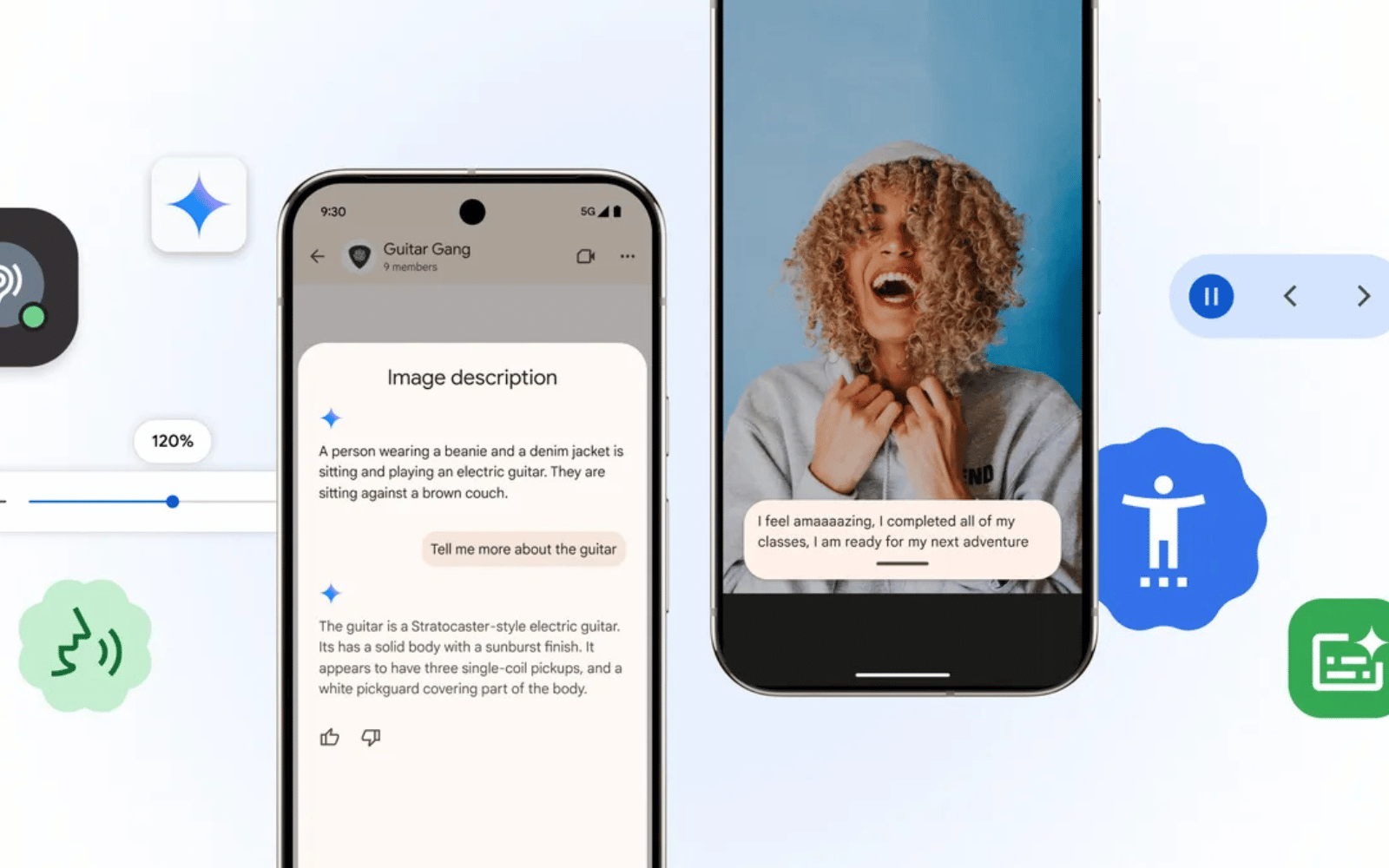Google Celebrates Global Accessibility Awareness Day With A Bevy Of Features For Physically Impaired People
Various tech companies have been celebrating Global Accessibility Awareness Day (GAAD) today. Earlier this week, Apple introduced Magnifier and Accessibility Reader modes, and is also working on integrating with Braille displays.
Google is pitching in with its own list of accessibility improvement projects, too. The company is cranking up its TalkBack screen dictation app, which can now converse with its visually impaired users. It’s also introducing expressive captions, making Chrome more easily navigable, and democratising speech recognition software, among others.
Google goes all access on GAAD
TalkBack allows users to get more context on whatever is onscreen by highlighting a section. The app, using AI, tries to describe what is in the box. Now, the app can truly live up to its name, giving users the ability to ask questions and get even more context.
Expressive captions are another Google development to help hearing-impaired people understand the emotion of the audio of whatever they’re watching. The feature isn’t anything earth-shattering, mostly adding extra letters to match the tone and emotion. When watching a sports match, for instance, a big moment is captioned as “Nooooo!” instead of just “No!” or “Whyyyyy?” instead of just “Why?” It also adds more non-verbal labels.

The search titan is also brushing up Chrome’s accessibility features. The browser already includes live captions and image descriptions, and now brings a beefier PDF Reader to the table. The reader was previously only for reading, but is now also getting Optical Character Recognition (OCR), allowing it to interact like any other webpage with highlight, copy, and search functions. Page zoom will also allow users to pinch zoom and shrink the text on a webpage without altering the layout.

Finally, Google continues to make strides on its Project Euphonia initiative to make speech recognition software more globally accessible for people with non-standard speech. The search giant has released some open-source repositories on Euphonia’s GitHub so developers can create more personalised audio tools and train their models with more diverse speech patterns.
Earlier this year, the company partnered with University College London to provide support for the development of its Centre for Digital Language Inclusion (CDLI) project. The initiative looks to make more obscure accents and manners of speaking more recognisable on mainstream Western speech recognition technology. The project is starting with open-source datasets for ten African languages.
Crédito: Link de origem


